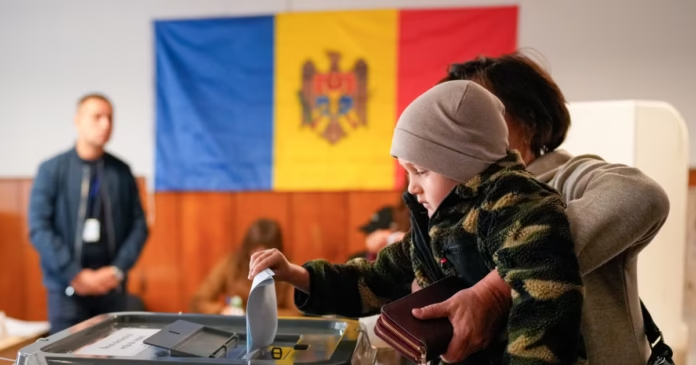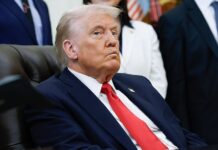The European course against the Kremlin's influence
In September 2025, Moldovans voted for a parliament, and the results of this vote could dramatically determine the country's course - away from the EU or towards the Kremlin.
Election chronicle and results
Parliamentary elections have been held 28 September 2025.
After counting almost 99 % votes, the party Action and Solidarity (PAS), which is backed by President Maia Sandu, won about 50 % votes and could gain an absolute majority in the 101-seat parliament.
The main rival, the pro-Russian Patriotic Bloc under the leadership of Igor Dodon, received approximately 24-25 % votes.
Other parties, such as Alternative bloc and Our Party, passed the threshold and also entered parliament with small representations.
Election campaigning and external pressure
On the eve of the elections, the Moldovan authorities detained 74 people, accusing them of attempting to incite mass unrest under the leadership of Russian structures.
The election process was accompanied by cyber attacks, disinformation campaigns, fake bomb threats and accusations of Russian interference.
Some pro-Russian parties were excluded from participation due to violations of the funding legislation.
What does this result mean for Moldova?
Strengthening the European integration course
PAS's victory means a continuation of the country's European orientation, reforms and closer ties with the EU.Loss of Kremlin influence
The decline in support for pro-Russian forces is a blow to Moscow's ambitions to influence Moldova's politics.Potential protests and challenges from the opposition
Pro-Russian opposition leaders have already announced possible protests and accusations of fraud.Tensions around security and hybrid warfare
The election was part of a broader information, cyber and political battle - Ukraine and the EU are closely monitoring the situation as it is strategically important on the border with Ukraine.
Bottom line.
After the elections, Moldova gained a parliament dominated by pro-European forces. This could be a turning point in the confrontation between the vector to the West and Russia's influence. However, the task is not only to win, but also to ensure stable reforms, protection from external pressure, and preservation of legitimacy in society.




